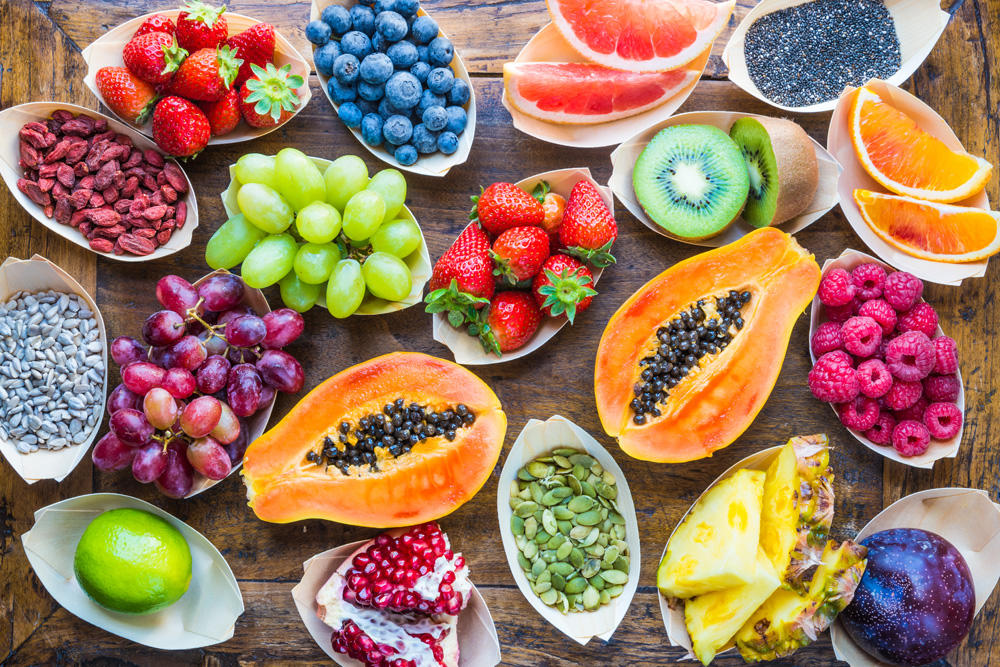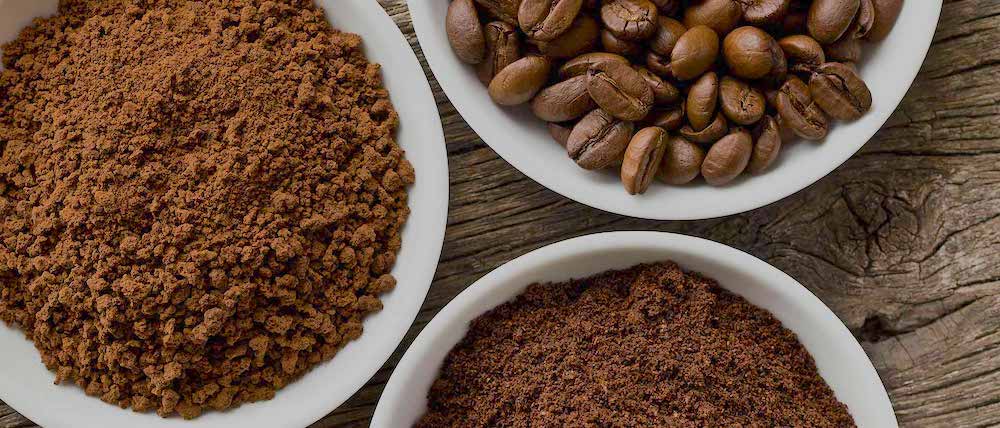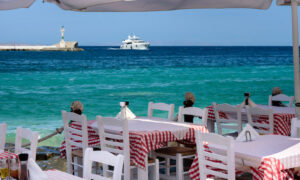As tiring as it is sometimes, it is also possible to get some fun out of grocery shopping, especially in Lisbon. The experience is affected by how much time you have, how much you care about cooking and – most certainly – your budget. All these variables (time, lifestyle choices, and budget) meet another much greater one when you are an expat shopping in a context, and possibly in a language, which is new to you.
Going grocery shopping in Lisbon is for me a great way to practice some Portuguese, understand the local culture a bit more and get inspired cooking-wise with the new ingredients I get to discover every time.
Now, there is the way many Millennials do it (which according to Wikipedia I happen to be one of them, it was a bit embarrassing after all the complaining I have done about Millennials) and there is the way my family always did it and that is what I prefer.
As Millennials (born at any point from 1981 onwards), we hit the big supermarkets, buy everything from fish to toilet paper and go home. The way my family does it involves going to a coffee shop for freshly ground coffee, a market for fruits and vegetables, a butcher’s for meat and the rest is from the supermarket. I have to say that the latter takes a considerable amount of time at first.
However, once you get used to it, not only will you be quicker at it, but you will also be totally hooked on the quality of life these journeys provide.
Lisbon is a city where you can find all of the places I just mentioned in abundance. This is something not every European capital can provide with affordable prices. However, locating the best places for freshly sourced produce is not the only aspect of your “groceries experience.”
Even in the conventional big supermarket aisles, there is always something new to learn about. This is what I have learnt doing groceries in Lisbon.

General tips:
Go with your Portuguese prepared
Even though many people in Lisbon, especially the young ones, speak English, in supermarkets as well as small shops, you will struggle if you only stick to English. Look up the particular items you need in Portuguese and make sure you can ask a few questions when needed. You might have to give specific instructions to the butcher or to the coffee seller.
For local shops:
• It is cheaper to buy fruits and vegetables from a frutaria, a fruit shop. Not all frutarias are your best friends, but once you find a great one, you will be saving loads of money on fruits and vegetables way tastier than those of the supermarkets. In theory, every Lisbon neighborhood should have one.
• It is only one euro more to buy coffee from a coffee shop. You literally tell the vendor how you like it and s/he will make the right mix for you. On my first trip to Pérola do Rossio, a tea and coffee shop, I told the gentleman behind the counter: “Look, I know nothing about coffee. I just do not like it acidic.”
He said: “I know just what to give you.” He really did.
He ground the beans in front of me and the smell was just to die for. I paid a euro more than what I usually pay for the same quantity for supermarket coffee.
• Another place is Portela Café. Ask for their Timor beans for a reasonably-priced, tasty option.
What to do for fish
• If you are one of those who can wake really early for fresh, delicious fish, then the open markets in Lisbon, such as Mercado da Ribeira, are the place for you. There you can get fish which has just come out of the water.
• If you struggle with waking up early, then I would recommend the high-end El Corte Ingles for a slightly more expensive, but fresher fish selection. The Portuguese dourada, or sea bream, is a great go to for a light fish and a robalo, or sea bass, gives you a richer flavor.
Inside the supermarket:
Cream may be a bit of a challenge
After having been spoilt in Britain with single cream, double cream, whipping cream, sour cream, crème fraiche, and clotted cream, I was a bit disappointed with cream in Lisbon. It is mainly sold in cartons over the counter.
The only fresh cream I find here is in the big Pingo Doce branches, and even then it is only the President Crème Fraiche. Maybe for a wider, fresher selection, you may have to hit El Corte Ingles. Despite how often the Portuguese use cream in their food, do not expect very good cream in supermarkets.
The price of wine is irrelevant to quality
I know it is a bit hard to believe.
Even I only reached this conclusion after three years in Lisbon. Wine is incredibly cheap given its great quality and variety. Some of my favorite bottles cost no more than 5 euros! Usually any bottle 5 euros or more is considered a nice one. However, as someone who tried the 12 euro bottles, the 10 euro bottles and the 3 euro bottles, I have to say that buying expensive wine does not always guarantee a higher quality.
With trial and error, you will get to find out your favorites, and you will be surprised with how often you would choose a bottle under 5 euros over a bottle for 15 euros.
Yes, it is that random.
There is something incredibly refreshing about chores not being done on their usual auto-pilot mode, about them becoming an “experience,” a way to discover a new place, and new ways of doing and enjoying things.
Food is a great way to get closer to new surroundings.

About the author:
Sarah Nagaty is a PhD researcher of cultural studies in Lisbon. She’s lived in Portugal for three years.
As a student of cultural studies, Sarah is drawn to what connects people from different backgrounds to new cultures and places, how they relate to their new surroundings and what kind of activities they could engage with in their new hometowns.
See all of Sarah’s Dispatches posts here.
See Dispatches’s Lisbon story archive here.
Sarah Nagaty has a PhD in cultural studies, She’s lived in Portugal for six years.
As a student of cultural studies, Sarah is drawn to what connects people from different backgrounds to new cultures and places, how they relate to their new surroundings and what kind of activities they could engage with in their new hometowns.















